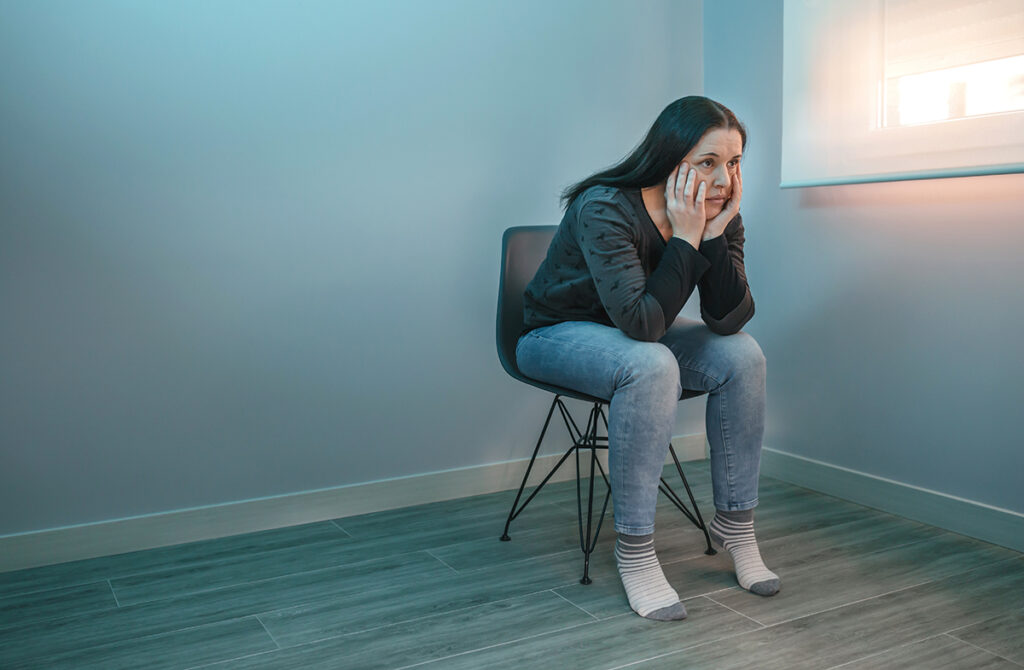If you’re reading this article, you’re likely wondering whether counselling could help you navigate the challenges you’re facing. It’s a brave step to even consider counselling, and you’re not alone in questioning whether it’s the right choice for you.
Signs That Counselling Might Help You
Are you experiencing any of these feelings or situations?
Feeling Overwhelmed by Life Changes
If you’re going through major life transitions – whether it’s a career change, becoming a parent, moving to a new city, or adjusting to life after a separation – counselling can help you process these changes and develop coping strategies. When everything feels uncertain, having a dedicated space to explore your feelings can make these transitions more manageable.
Struggling with Relationships
Perhaps you’re finding it difficult to communicate with your partner, experiencing conflict with family members, or noticing patterns in your relationships that you’d like to change. Counselling can help you understand these patterns, improve your communication skills, and develop healthier relationships.
Dealing with Loss and Grief
The pain of losing someone you love – whether through death, divorce, or separation – can be overwhelming. If you’re struggling to cope with grief, finding it hard to move forward, or feeling stuck in your sadness, counselling provides a safe space to process these complex emotions at your own pace.
Battling Anxiety or Depression
If you’re experiencing persistent worry, panic attacks, low mood, or finding it hard to enjoy things you used to love, counselling can help. These feelings don’t have to be severe or constant for therapy to be beneficial – even mild anxiety or depression can improve with counselling support.
Processing Past Trauma
Whether you’ve experienced a recent traumatic event or are dealing with childhood trauma, counselling can help you work through these experiences. Many people find that past trauma affects their current relationships and daily life without realising it.
Feeling Lost or Lacking Direction
Sometimes the issue isn’t a specific problem but a general sense of dissatisfaction or feeling lost. If you’re questioning your purpose, struggling with self-identity, or feeling disconnected from your life, counselling can help you explore these feelings and find clarity.
How Counselling Helps with Specific Challenges
Understanding how counselling works with different issues can help you decide if it’s right for you:
For Anxiety:
- Helps you understand your triggers
- Teaches practical coping strategies
- Challenges unhelpful thought patterns
- Provides techniques for managing panic attacks
- Supports you in gradually facing fears
For Depression:
- Offers a safe space to express difficult feelings
- Helps identify and change negative thought patterns
- Supports you in rebuilding motivation and interest
- Works with you to develop self-care strategies
- Addresses underlying causes of depression
For Relationship Issues:
- Improves communication skills
- Helps understand relationship patterns
- Develops conflict resolution strategies
- Builds self-awareness about your role in relationships
- Supports healing from past relationship trauma
For Work-Related Stress:
- Develops stress management techniques
- Helps establish better work-life boundaries
- Addresses perfectionism and imposter syndrome
- Supports career decision-making
- Improves workplace relationships
When Counselling Might Be Particularly Beneficial
You might find counselling especially helpful if:
- You’ve tried to handle things on your own but aren’t seeing improvement
- Friends and family are supportive but you need more objective guidance
- You’re noticing patterns in your life that you’d like to change
- You’re going through a major life transition
- You’re ready to understand yourself better
Understanding the Process
If you decide to try counselling, it’s important to know:
- The first few sessions are about building trust with your counsellor
- You control the pace and what you want to discuss
- It’s normal to feel nervous or uncertain at first
- You might feel emotional after sessions – this is part of the healing process
- Progress often isn’t linear – some weeks will feel more helpful than others
Signs Counselling Is Working
You’ll know counselling is helping when you notice:
- Better understanding of your thoughts and feelings
- Improved ability to cope with challenges
- More self-awareness
- Better relationships with others
- Reduced intensity of troubling symptoms
- New perspectives on old problems
Making the Decision
Still unsure if counselling would help you? Consider these questions:
- Are your current coping strategies working effectively?
- Do you have someone objective to talk to about your challenges?
- Are you ready to explore your feelings and experiences?
- Would you benefit from professional support in making changes?
Remember, seeking counselling isn’t a sign of weakness – it’s often a sign of strength and self-awareness. Many people find that counselling helps them not just solve immediate problems but develop lasting skills for better mental health and relationships.
If you’re still uncertain, many counsellors offer initial consultations where you can ask questions and get a sense of whether therapy feels right for you. You don’t have to commit to long-term therapy right away – you can start with a few sessions and see how it feels.
Taking the Next Step
If you’ve recognised yourself in any of these situations, counselling might be a helpful next step for you. While it’s not a magic solution, it can provide valuable support, insights, and strategies for dealing with life’s challenges. Remember, reaching out for help is a sign of strength, not weakness, and it’s never too early or too late to benefit from counselling support.

